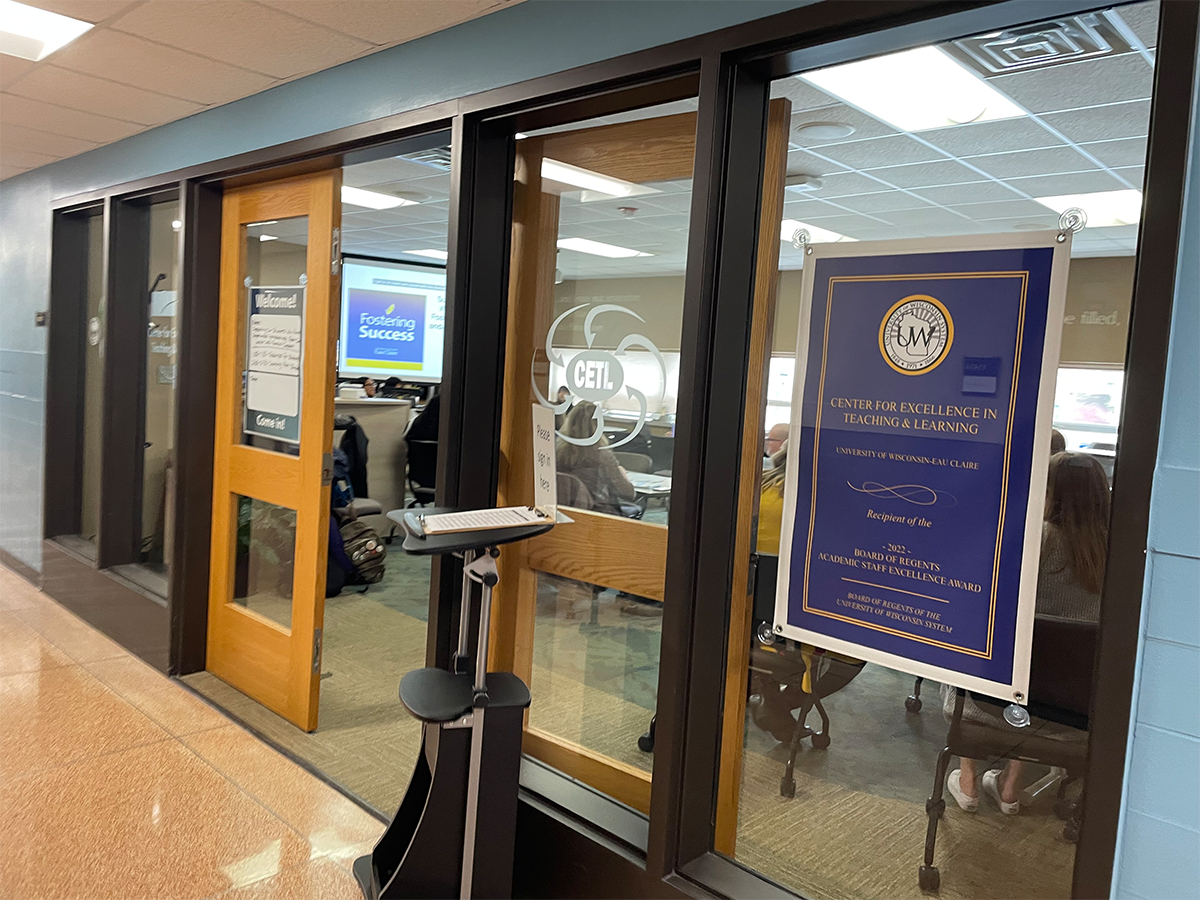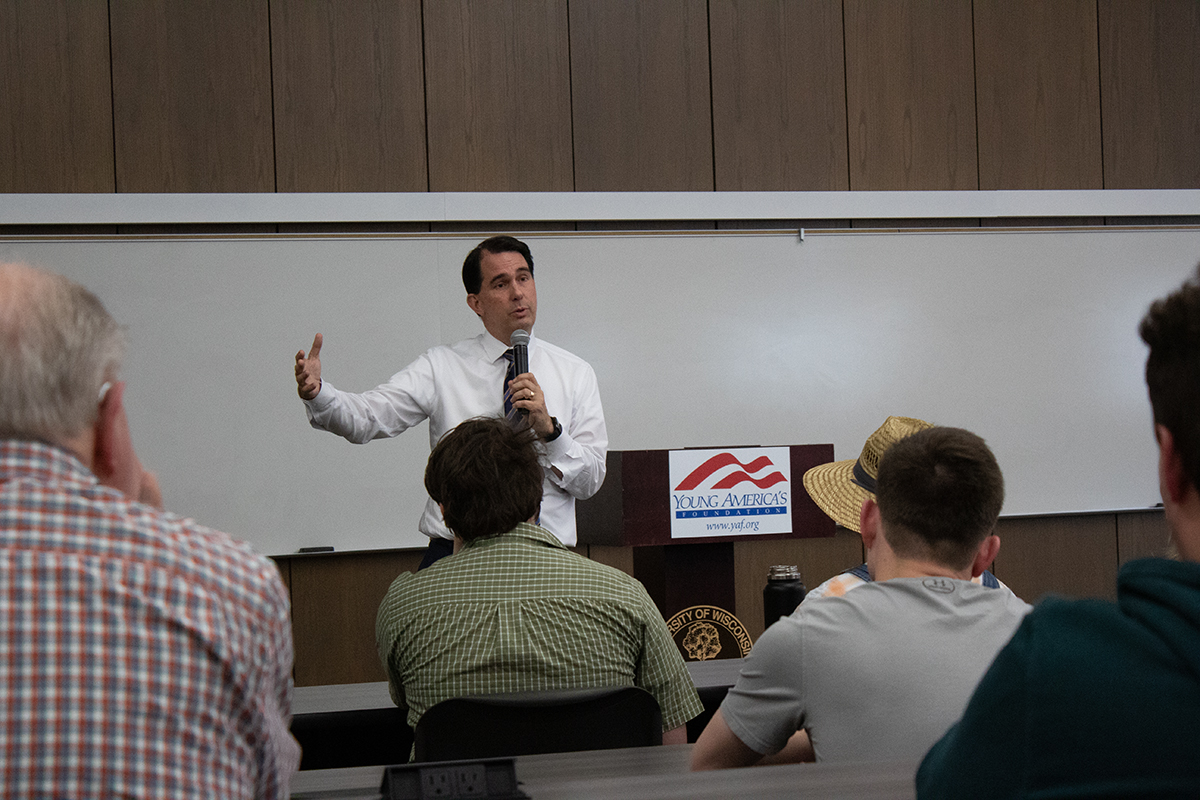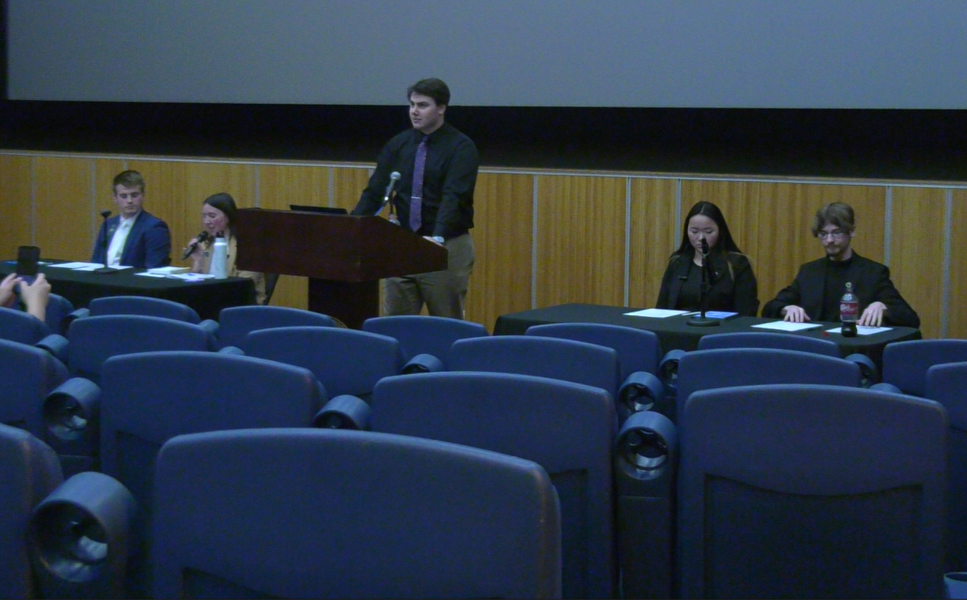On Tuesday, three students led a panel on the Development, Relief and Education for Alien Minors Act and how the potential law would impact them, as well as the community and the nation.
The DREAM Act, if passed by U.S. Congress, would provide conditional permanent residency to illegal high school graduates of good moral character who spend two years in the military or at an institution of higher learning.
Diane Sanchez and Giney Rojas, both sophomores, and junior Carlos Guereca answered a series of questions they put together that put the DREAM Act through their perspectives.
“I had a friend back in high school who had to face this issue,” Rojas said. “In her senior year, she just failed everything and went to the workforce and ended up working at a factory. She was an excellent student who could’ve done way better things with her life, but because of (her illegal status), she had to stop dreaming.”
Guereca said the DREAM Act would rectify parts of the current system, which punishes students for actions they had no control over.
“Put yourself in these people’s shoes,” Guereca said. “You’ve grown up here your whole life, and then you learn that you can’t do what you want to do simply because you don’t have these papers that say you’re American.”
Sanchez believes that if the DREAM Act never passes, many people won’t become good members
of society.
“If you can’t go to college, if you’re still illegal here, you can’t contribute,” Sanchez said. “You can’t use your skills if you’re a hard-working student and you can’t go to college, you don’t have the means to help.”
Guereca agreed with Sanchez, calling a United States without some form of a DREAM Act “a waste of potential.”
Audience members were then given the opportunity to ask questions to the panelists about their stances on the DREAM Act and the potential consequences of a possible passage of the bill, as well as other issues the panelists have dealt with at UW-Eau Claire.
The panelists were asked if they have ever felt like they were handed something they didn’t deserve. The three panelists each said they had been accused of receiving some form of special treatment on campus.
“With the nursing program, I got in the first time and have heard more than once, ‘Oh, it probably helped that you’re Mexican,” Sanchez said. “It’s kind of a slap in the face.”
All three panelists are in favor of passing the DREAM Act, as is visiting associate history professor Gerardo Licon, who was in attendance at the panel. Licon believes signing the DREAM Act into law is in everyone’s best interest, including those who are “anti-immigrant.”
“It makes more people legal,” Licon said. “And it takes advantage of legalizing those people who are most likely to be contributors to American society.”
Licon also said he was surprised by the diplomatic nature of the audience in the face of a controversial issue like the DREAM Act.
“When countering positions were brought up, they were brought up in very diplomatic ways,” Licon said. “I think that’s healthy.”
Licon foresees some hurdles for the DREAM Act in the near future, saying that it may not pass until after the 2012 election, if at all.
“One of the points that was brought up, regarding the economy, I think is an important factor for when there will be more support for something like this,” Licon said. “Unfortunately, I don’t think it looks very promising, yet.”






